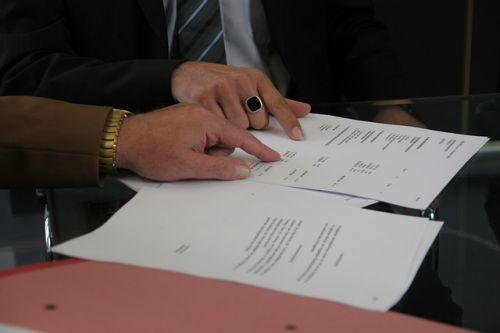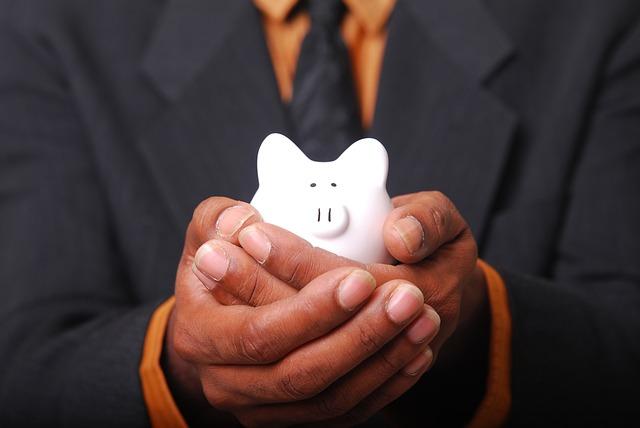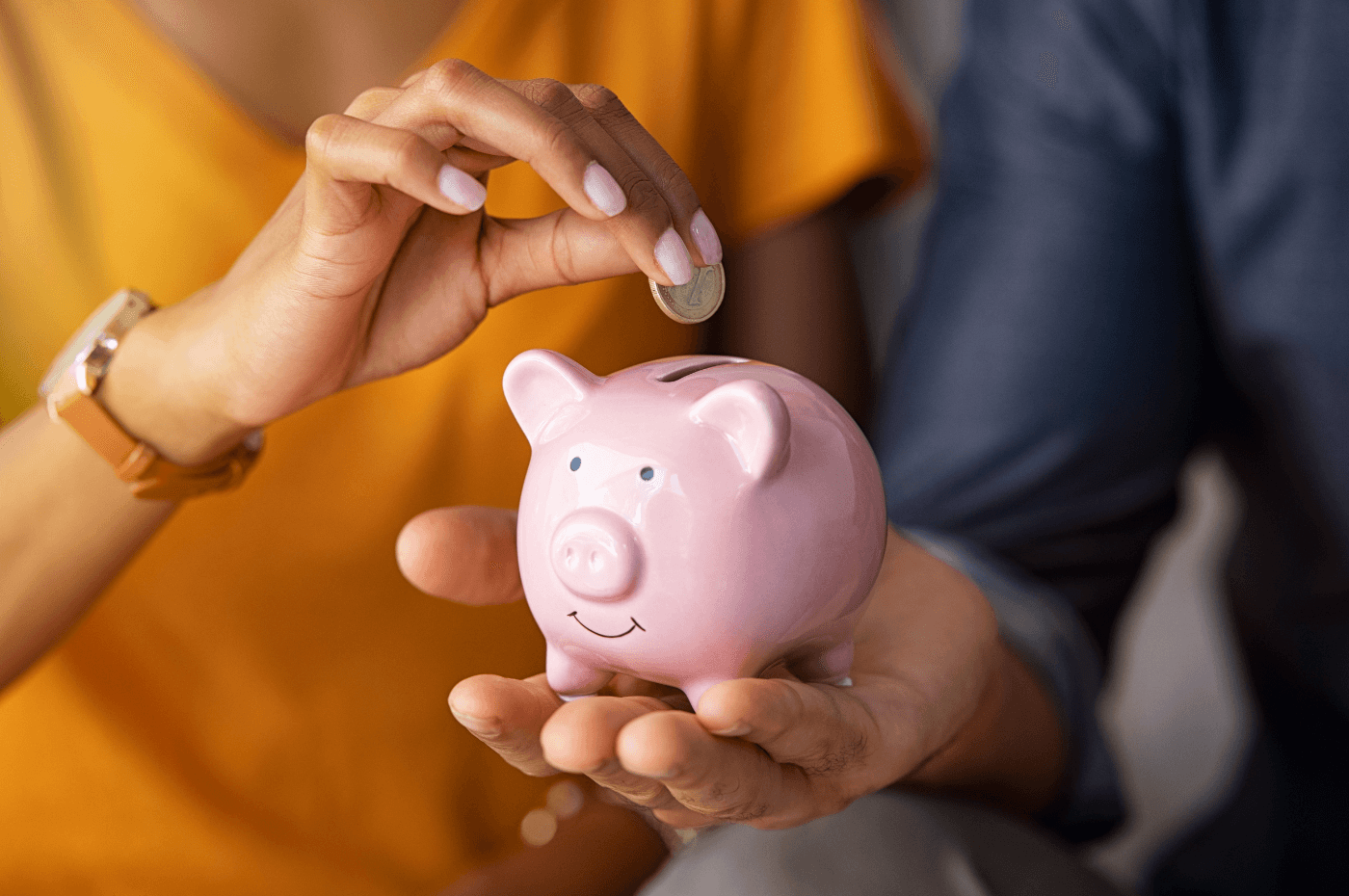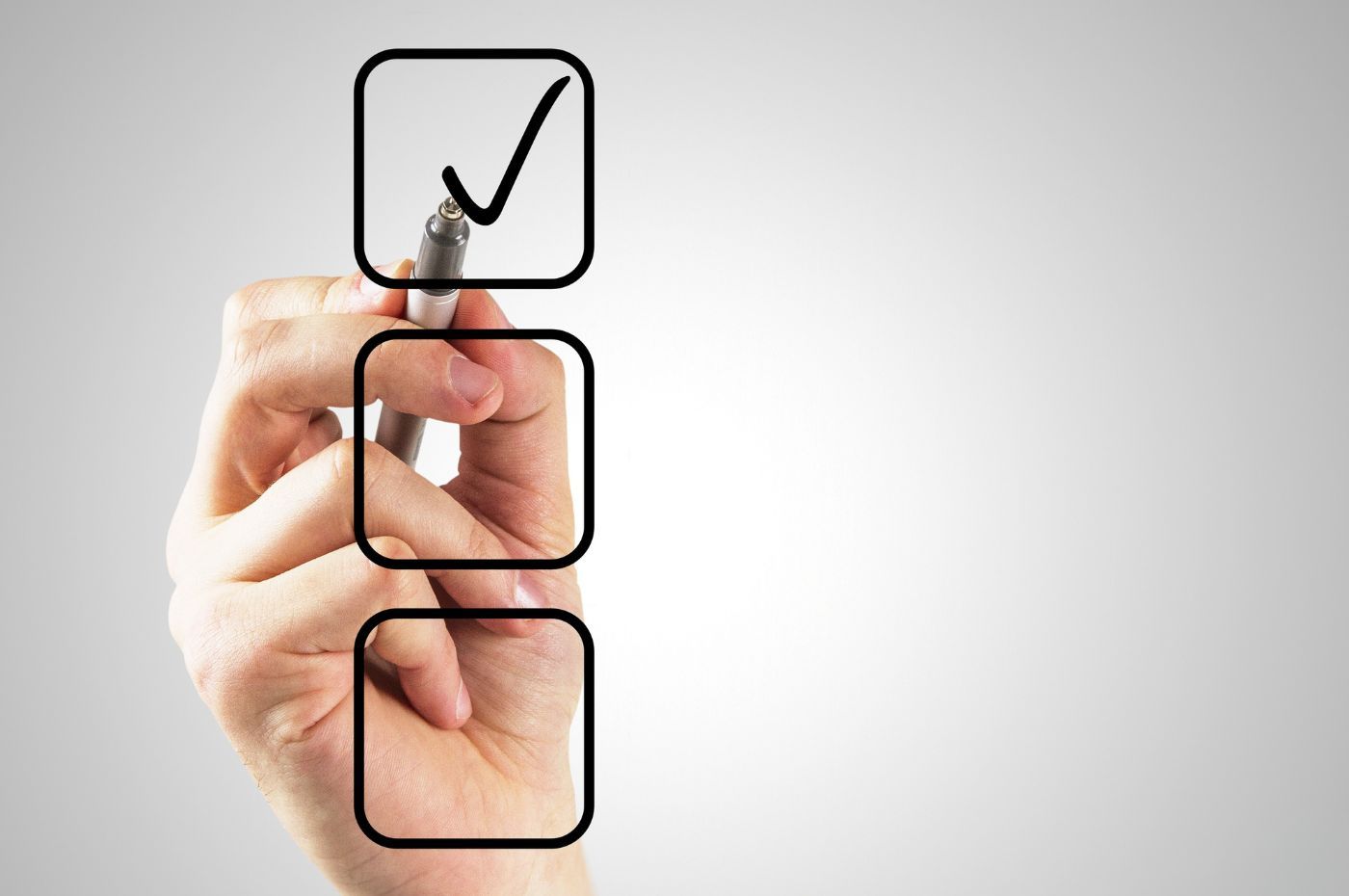Buying a house is an important project at any stage of life. While it’s best to prepare as early as possible, it’s never too late to start saving. Every step you take now to manage your budget will help you plan your project more effectively.
So, how do you save to buy a house? Discover our investment tips to help you achieve this.
Saving for the required down payment
While it’s important to start saving for a home, you won’t stay committed in the long term without a clear goal. Your savings will be aimed at securing the minimum down payment needed for your home purchase. This is the amount required when taking out a mortgage to buy a property.
Typically, the down payment required ranges from 5% to 20% of the property's purchase price. However, the exact percentage depends on several factors, such as:
-
Market conditions
-
The price of the house
Although a higher down payment is often recommended, it is not a strict requirement for homeownership. If you can only gather the minimum down payment, you will need to pay for mortgage insurance, which protects the lender in case of potential payment defaults when the loan exceeds 80% of the property’s price.

How much does it cost to buy a house in Quebec?
Before you begin saving to buy a house, it's important to fully understand the costs associated with your future purchase. This will help you create an investment strategy that takes these factors into account. Some expenses will follow you throughout the entire amortization period, so it's essential to be aware of them now:
-
Mortgage repayment
-
Home insurance
-
Municipal taxes
-
Ongoing maintenance costs for the house
-
Mortgage insurance (if needed)
Additionally, plan for these extra expenses that arise before and during your investment:
-
Notary fees, also known as closing costs: typically range from 1.5% to 4% of the property's purchase price
-
Repair costs, etc.
Take a good look at your finances and your borrower's profile
Before you start saving, take a close look at your finances and borrower profile. Make a plan and identify which positive financial habits you can adopt.
Organize your budget
We recommend starting by getting your personal finances in order, as this will help you plan effectively later on. If you haven't already, take stock of the unavoidable monthly expenses, such as:
-
Grocery purchases
-
Housing costs
-
Car loan repayments or any other loans
Once you’ve identified all these expense categories, set a realistic amount you can allocate to your house project each month without putting too much strain on your finances.
A helpful tip to avoid budget mistakes is to open a new savings account dedicated solely to this goal. You could also set up an automatic monthly transfer. This ensures you save money regularly, without being tempted to spend it elsewhere.
Take care of your borrower's profile
If your monthly expenses include loan repayments or credit card bills, it’s crucial to maintain a positive relationship with your bank by making your payments consistently on time. Developing this habit is an excellent way to avoid unpleasant surprises, such as:
-
Paying higher interest rates
-
Having negative incidents recorded on your credit report
Keep in mind that your behaviour regarding debt impacts your credit report, which will be reviewed by your financial institution when you apply for a mortgage.

Maintain a good credit score
A solid credit report leads to a good credit score, which is important for several reasons, as it helps you:
-
Maximize your chances of obtaining mortgage pre-approval
-
Secure better borrowing conditions, if applicable
It’s important to know that the higher your credit score, the better the mortgage rate you'll receive, and the more favourable your monthly mortgage payments will be.
Change your daily consumption habits
Even if your budget seems optimized, it’s worth taking the time to review it when preparing your strategy. You might find opportunities for additional savings by adjusting some of your consumption habits.
We all deserve to indulge ourselves now and then, but if these activities become too frequent and you have an investment project on the side, tough choices may be necessary.
For instance, if dining out is a regular habit, consider cooking more meals at home. Keep an eye on your shopping habits, aiming for products with the best value for money.
It’s important to note that these habit changes should only be made if you truly want to save for buying property. No one is forcing you to make these changes unless homeownership is a goal you genuinely wish to pursue!
Good to know
Do you have money left over at the end of the month? Did you receive a work bonus or a tax refund or simply have fewer expenses than expected? Don’t hesitate to put that money aside; it will always help boost your project.
Get professional help
While you can implement these habits on your own, it can sometimes be difficult to gain an objective perspective on your financial situation. To achieve your goal more efficiently, consider seeking assistance from two types of professionals:
-
Financial advisor
-
Real estate broker
A financial advisor can offer valuable investment advice, help you assess your borrowing capacity, and guide you through your savings strategy. Meanwhile, a real estate broker can assist in finding a property that fits your budget and meets your needs.

FHSA and HBP: government assistance to support your project
It’s important to know that the government offers tools to help finance your property purchase.
-
Tax-Free First Home Savings Account (FHSA) allows you to deposit money, tax-free, for the purpose of buying your first home.
-
Home Buyers’ Plan (HBP) allows you to withdraw up to $35,000 from your RRSP. This mechanism is designed to help you obtain the necessary down payment for buying your first home, without having to pay taxes.
FHSA or HBP for buying a house?
It’s important to know that the FHSA and the HBO can be combined to help you purchase your first home. Both offer valuable benefits and using them together can maximize your savings potential.
Are you looking for a mortgage to buy a home?
XpertSource.com can help you in your efforts to find a mortgage broker. By telling us about your project, we will refer you to top-rated experts, free of charge! Simply fill out the form (it only takes 2 minutes) and you will be put in contact with the right experts.





